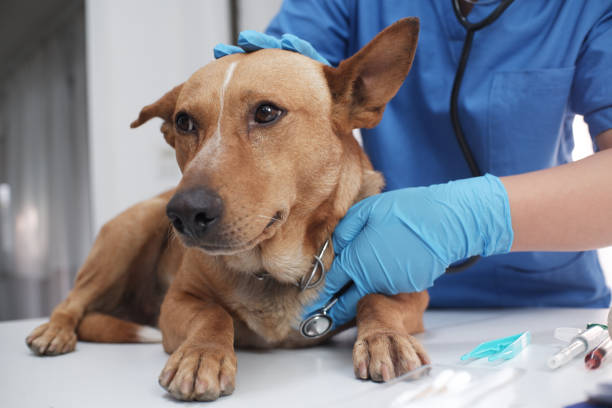Animal ID, the new requirement that pets in Colombia would have to meet: it would prevent them from getting lost.

A new bill has been introduced in Congress seeking to improve pet identification in Colombia, helping, among other things, to reduce pet loss and theft.
The initiative, filed by Liberal Party Senator Germán Rozo and still awaiting debate, proposes, among other things, the creation of an animal identification card, which, if approved, would serve as an essential tool for pet owners to more easily identify their pets.
To this end, the goal is to create a comprehensive digital identification system that would be mandatory for dogs and cats. These dogs would be implanted with microchips, which would then be linked to a national virtual platform that would store the data of the pets and their owners.
What is the animal identification card? According to the proposed bill, the animal identification card would be a digital document issued by a new authority: the Colombian Animal Identification Network (RCIA) , where information about the animals and their caregivers would be stored: name, address, identification number, etc.
In this way, it is hoped to establish a way to legally demonstrate guardianship over a pet, which could help protect it in the event of loss, theft, or abuse.
The project proposes that this digital ID card include the following data:
- Name, breed, age and sex of the animal.
- Microchip number.
- Medical history (vaccination, sterilization, treatments).
- Caregiver or guardian information.
- Data of the veterinary professional who implanted the microchip.

Dogs eating after leaving the house can suffer from gastric torsion. Photo: iStock
All the information stored on the microchip will be stored in the Colombian Animal Identification Network (RCIA). Once the information is uploaded to the system, the digital ID card can be issued through veterinary clinics, animal welfare centers, or authorized entities. The owner can carry it to certify pet ownership.
The article also includes a social section, which establishes that for low-income families, microchip implantation will be completely free.
And while it is a personal and private document, like the human identification card, it may be requested by authorities such as the National Police when they want to verify that a pet has not been stolen, or in cases where animal abuse is suspected.
This seeks to take effective action against practices such as pet abandonment or theft, especially in a country like Colombia, where an estimated 67 percent of households have at least one pet.
eltiempo




